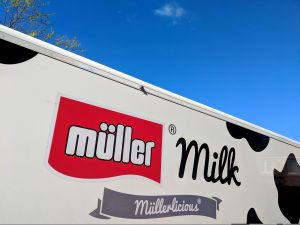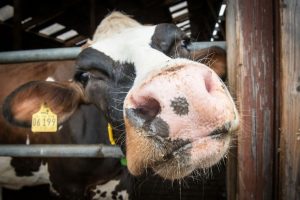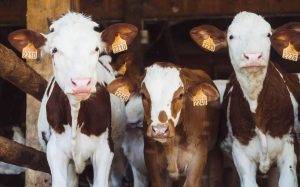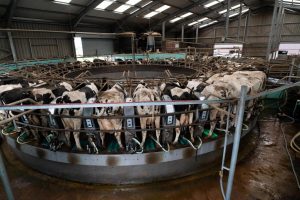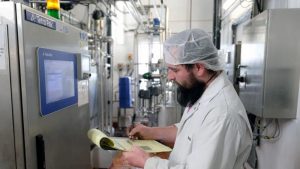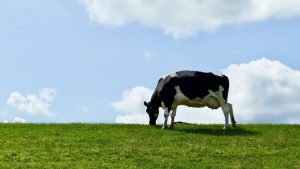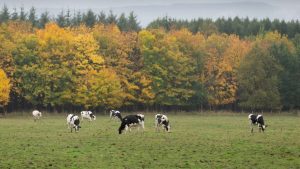
“Remilk is committed to reinventing our dairy industry in a kind, sustainable way. Eliminating the need for animals in our food system is the only way to supply our world’s growing demand without destroying it in the process,” said Aviv Wolff, CEO and founder of Remilk.
“We intend to massively scale up our production capabilities to make nutritious, delicious, and affordable dairy that will send cows into early retirement.”
Kalundborg’s Symbiosis project is an industrial. Within the network, byproducts of one company become resources for another. At present, Symbiosis is a collaborative effort involving more than a dozen public and private companies including industry giants such as Novozymes, Novo Nordisk and Chr. Hansen. At the new facility, Remilk will produce non-animal dairy protein for use in products like cheese, yogurt, and ice cream, in volumes equivalent to that produced by 50,000 cows each year.
“We are not just dreaming big, we are acting upon our promise to dramatically reduce the food industry’s devastating impact on our planet,” Wolff said.
“Ending animals’ historic role as providers of food for humankind is one of the most powerful measures we can take to reduce our impact on this planet.”
Remilk pioneered a yeast-based fermentation process that produces non-animal milk proteins for use in dairy products traditionally made with cow-derived milk proteins. Remilk’s protein enables the production of products that are indistinguishable in taste and function from traditional dairy. According to a report by Boston Consulting Group and Blue Horizon Corporation, alternative proteins could account for 11% ($290bn) of the global protein market by 2035. Dairy produced through precision fermentation requires a fraction of the Earth’s resources and emits a fraction of the harmful greenhouse gas emissions of animal dairy.
After an extensive search, the company selected Kalundborg as the site for its first full-scale fermentation facility because of the location’s strategic advantage and approach to industrial sustainability, as well as access to local talent and the strategic cooperation and support from the city and the Danish government.
“The Municipality of Kalundborg looks forward to welcoming the international company Remilk. The company’s profile fits perfectly into our sustainability profile and with the Biotech City’s other participants,” said Mayor Martin Damm.
“When Remilk’s plant for production of non-animal dairy products is completed, it will also be the world’s largest precision fermentation facility. I see Remilk’s choice of Kalundborg Municipality as a buy-in to our commitment to sustainability, high technology and education and our ability to enter a constructive dialogue with our stakeholders.”
“I am very happy to welcome Remilk to Denmark. This investment is a recognition of Denmark’s position as a global leader in sustainable food production and innovation,” said Anne Hougaard Jensen, director of Invest in Denmark, Ministry of Foreign Affairs of Denmark.
“Remilk brings important knowledge to Denmark in terms of research and development with food ingredients and dairy products. I am convinced that the opening of Remilk’s production facility in Denmark will be an important step towards an even more sustainable future for the food and dairy industry.”
The selection of the location was made possible through a partnership with the city of Kalundborg, Invest in Denmark (Ministry of Foreign Affairs of Denmark), the Danish embassy in Israel, and the Israeli Embassy in Denmark.




